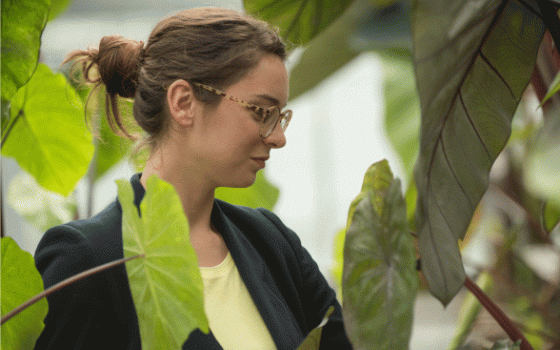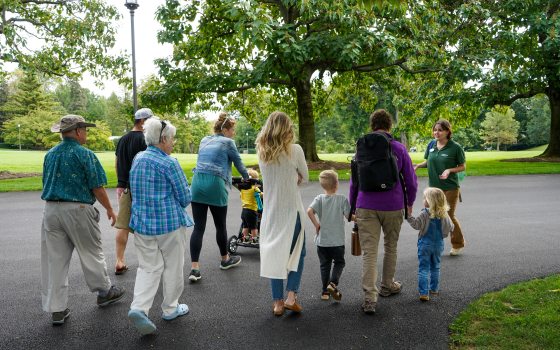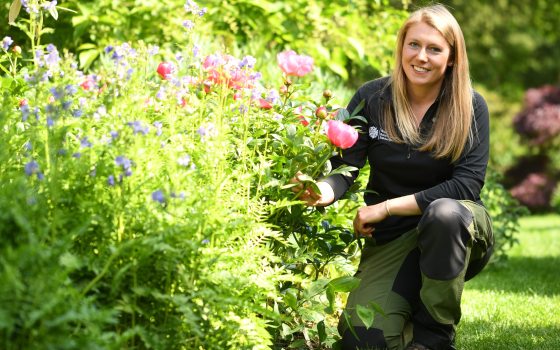“Leadership” can be an amorphous term. Most agree that it is an important quality to possess these days, from scholars to the average person on the street, but how is the term defined and what does it mean to study leadership in 2017? Do you subscribe to Robert K. Greenleaf’s concept of servant leadership where the leader exists to serve others? Perhaps Bass’ transformational leadership theory is more to your liking and as a result you influence followers by gaining their trust, respect, and admiration as you charismatically outline a compelling vision. Or maybe you prefer Uhl-Bien et al.’s notion of followership that considers how follower behavior impacts and helps co-create leadership.
Beginning with this post, the Longwood Gardens Fellows invite you to “Follow the Fellows” as they define the term for themselves and actively seek to develop their leadership skills and personal brands.
What is the Longwood Gardens Fellows Program, you ask? It’s an immersive 13-month learning experience for those who consistently demonstrate high-potential growth and have a strong desire to lead in the public horticulture arena. The program has four primary components: a formal curriculum; a cultural immersion experience with Longwood and regional garden and cultural arts partners; a collective cohort project; and a unique and individual two-month field placement at a domestic or international garden. Through these components, Fellows delve into topical issues relevant to public horticulture today, such as executive presence & communication skills, board relations & governance, innovation, behavioral economics, and human resources & talent management.
Longwood welcomed its first cohort of talented individuals in June:
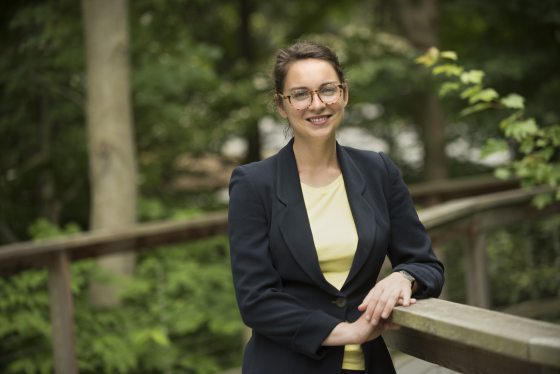
Kaslin Daniels previously served as the Head Gardener at Washington Square Park in New York City, where she worked to develop and maintain the landscape with a team of horticulturists, as well as initiate extensive volunteer and public programming. Prior to that, Kaslin worked as a Section Gardener for the New York City Central Park Conservancy and as a nursery propagator for an urban forestry nonprofit in San Jose, California. After graduating from Reed College in Portland, Oregon, with a B.A. in Biology, Kaslin completed educationally focused horticulture internships at the Arnold Arboretum of Harvard University, Mt. Cuba Center in Hockessin, Delaware, and Wave Hill Garden in the Bronx, New York. Having worked in a variety of institutions and environments, she has honed her cultivation skills, while also gaining exposure in diverse institutional structures, operations, philosophies, and contexts. Passionate about community engagement, art, and public spaces, she hopes to develop botanically rich and inclusive green spaces in cities for all to enjoy.
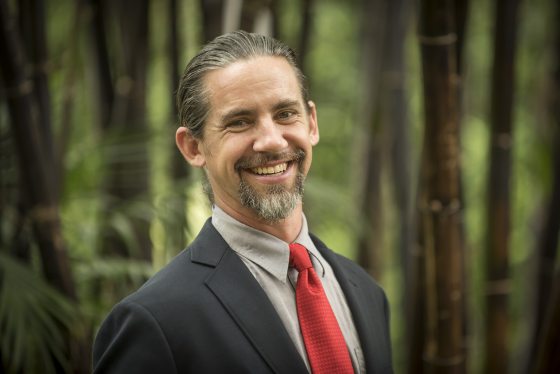
Neil Gerlowski is on sabbatical from the Vallarta Botanical Garden (VBG) in Jalisco, Mexico, where he has served as Executive Director since 2010. His responsibilities at his home garden have included management, development, and marketing/communications including publication of the garden’s monthly magazine, El Papelillo / The Leaflet. Neil’s other leadership experience in the public horticulture industry includes service as Vice Chair of the International Gardens Professional Section of the American Public Gardens Association, and service on the Association’s Editorial Advisory Group for its quarterly journal Public Garden. Mr. Gerlowski also serves the board of the Magnolia Society International. Prior to joining the VBG, Neil worked as a supervisory level park ranger in Arizona. Neil holds a Master of Arts in Teaching and a Bachelor of Arts in English Teaching, both from the University of New Hampshire. In addition to his native English, Mr. Gerlowski is fluent in Spanish.
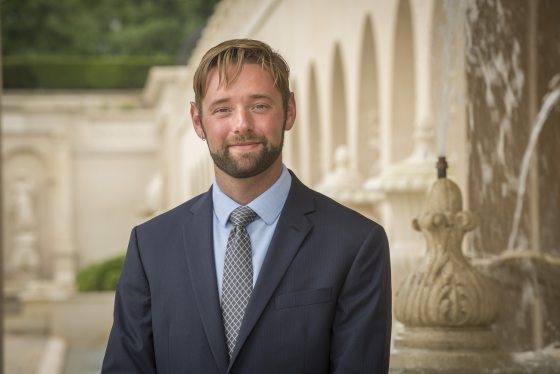
Patrick MacRae is using his Fellowship experience to develop executive leadership skills. Patrick’s career objective is to lead one of the world’s great public gardens. He is inspired by the power of beautiful garden design and great horticultural skill, and he is passionate about the role that gardens play in improving our lives. Patrick was previously the Research Manager for the Urban Horticulture Institute at Cornell University in Ithaca, New York. He was involved with several research projects aimed at ameliorating site limitations, identifying superior new cultivars of trees and shrubs, and improving transplant techniques. Patrick managed twenty landscapes and gardens on the Cornell campus that were used as living classrooms in furtherance of the Institute’s mission, and he routinely travelled New York State providing extension education to professional and amateur gardeners. Most recently, Patrick managed a trial of English Roses, examining their performance in the Northeast. Patrick holds a Bachelor’s Degree in Animal Science and a Master’s Degree in Horticultural Biology, both from Cornell University.
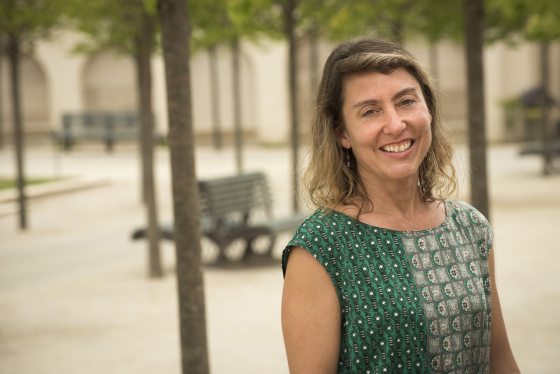
Julia Thomé is a Fellow in residence focusing on community-based horticulture, leadership, and systems management in public gardens. Previously, Julia worked for over 25 years in community development and nonprofit management in various positions and locations around the U.S. and internationally. She most recently served as Assistant Manager of Gardens and Grounds at a private garden in the Washington, DC metro area, where she designed and maintained garden spaces, developed children and adult programming, and instituted improvements in plant collection practices. Julia has also served as the Director of Corporate Affairs for Lutheran World Relief, and Senior Coordinator at the Community Training and Assistance Center, a national nonprofit based in Boston, MA, that builds capacities in underserved and marginalized communities. She holds a Master of Science in Agricultural & Resource Economics from the University of Maine, a Bachelor of Science in Geography from the University of Massachusetts, and a Certificate in Ornamental Horticulture from the University of Maryland, Institute of Applied Agriculture.
So, regardless of what leadership theory you ascribe to—be it servant, transformational, followership, or even if you’re unsure—we invite you to “Follow the Fellows” and experience the leadership journey with us as the Fellows routinely write on a variety of leadership-related topics, highlighting what they’re learning in the program and how their concept of leadership is evolving.
Nominations and applications for the 2018 cohort open September 1, 2017. Interested individuals should visit longwoodgardens.org/longwood-fellows for more information.
